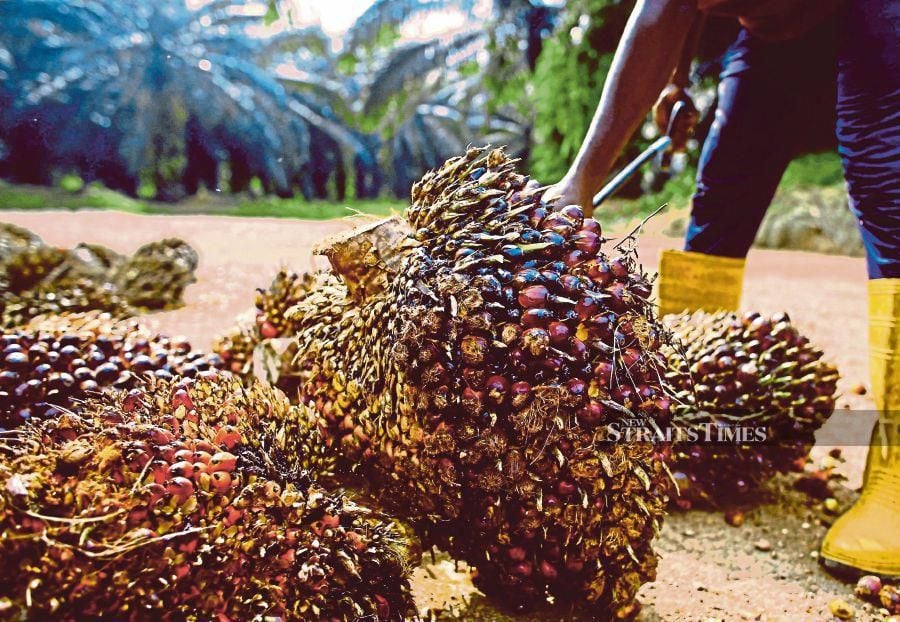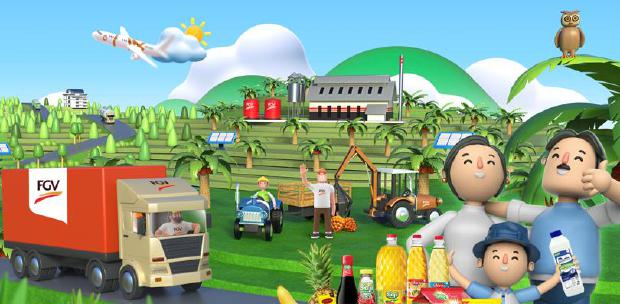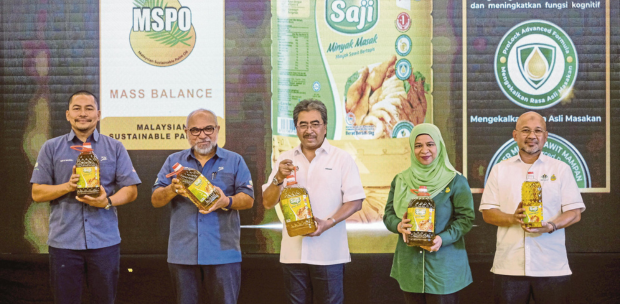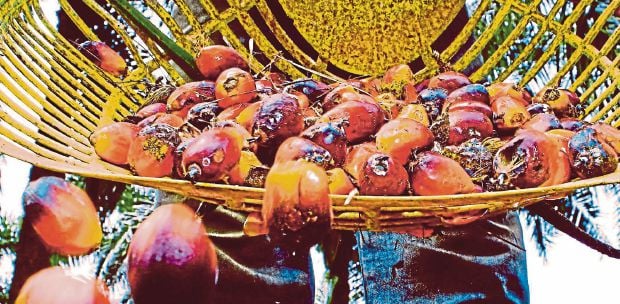THE US continues to wage war on Malaysian palm oil. Why am I not surprised?
Its Customs and Border Protection agency (CBP) recently applied sanctions on our palm oil products, justifying its actions on the grounds that our palm oil estates employ child labour and forced labour – in short, we are violating international human rights law and labour standards in our treatment of estate workers.
Are we guilty of the charges levelled by the CBP? FGV must act vigorously to clear its name. It must carry out a thorough environmental and human rights audit and show clear and irrefutable evidence that all those charges made by the CBP (even if true in the past) are now unfounded.
The sanctions against FGV Holdings Berhad, one of Malaysia's largest palm oil companies and a joint-venture partner with American consumer goods giant Procter and Gamble, went into effect on Wednesday, Sept 30. Brenda Smith, CBP executive assistant commissioner, said the agency found "indicators of forced labour, including concerns about child workers, along with other abuses such as physical and sexual violence."
The sanctions were announced a week after The Associated Press exposed "major labour abuses" in Malaysia's palm oil industry. Smith said, the CBP had carried out a year-long investigation, combing through reports from several sources including AP's investigation.
Apparently, AP reporters had interviewed former and current workers from eight countries at two dozen palm oil companies – including Felda, which owns shares in FGV. The investigation revealed incidents of unpaid wages, outright slavery and allegations of rape, sometimes involving minors.
They also found that Rohingya Muslims "had been trafficked onto Malaysian plantations and forced to work". The CBP also "found indicators" of restriction of movement on plantations, isolation, physical and sexual violence, intimidation and threats, retention of identity documents, abusive working and living conditions, excessive overtime, and child labour.
A news portal (https://www.cbs17.com/news/) stated that FGV Holdings had been "under fire for labour abuses" in the past and was sanctioned by the global Roundtable on Sustainable Palm Oil certification group two years ago.
This is the first time the CBP has imposed sanctions against palm oil. In the past, it had acted against shipments of seafood, cotton and human hair pieces believed to have been made by persecuted Uighur Muslims inside Chinese labour camps.
Under this recent sanction by the CBP, palm oil products or derivatives traceable to FGV will be detained at US ports. On Thursday, Oct 1, FGV vowed to clear its name. It said that all those issues raised by the CBP had been "the subject of public discourse since 2015" and FGV had taken concrete steps to correct the situation and demonstrate its commitment "to respect human rights and to uphold labour standards."
FGV said that it did not recruit or employ refugees. It did not hire contract workers. Migrant workers are recruited mainly from India and Indonesia through legal channels. Its workers are not forced to pay any fees. FGV said it had introduced the use of an electronic wallet cashless payroll system for its workers.
It does not keep or retain workers' passports. It had installed 32,250 safety boxes throughout all its 68 housing complexes for the workers to keep their passports safely. It had spent RM350 million over the past three years upgrading workers' housing and medical benefits.
It has never tolerated any form of human rights infringements or criminal offense in its operations. It had submitted to the CBP "evidence of compliance with labour standards" since last year (2019). It said it will continue its engagement with the US agency to clear its name.
Human Resources Minister M. Saravanan told reporters recently that the sanctions against FGV stemmed from labour issues at its plantations in Sabah and Sarawak. He said he was given this information from the US ambassador to Malaysia, Kamala Shirin Lakhdhir.
"The workers there (in Sabah and Sarawak), they have their families there, and their children may help them out on the plantation," he said. More than 100,000 settler families rely on oil palm cultivation and FGV to support their livelihoods. The sanctions by CBP will not only punish those that have allegedly violated human rights and labour standards but will certainly adversely impact the livelihood of the innocent as well.
FGV is facing a reputation crisis. Its task ahead is "reputation repair", part of "reputation management". It has to deal with the "facts" on the ground as well as "public perception" – the latter possibly being more difficult than the former. Hopefully, it has adequate reputation management specialists to help them "navigate options, design strategies and manage the emotional rollercoaster" until the difficult job is done.
The writer, a former federal counsel at the Attorney-General's Chambers, is deputy chairman of Kuala Lumpur Foundation to Criminalise War






